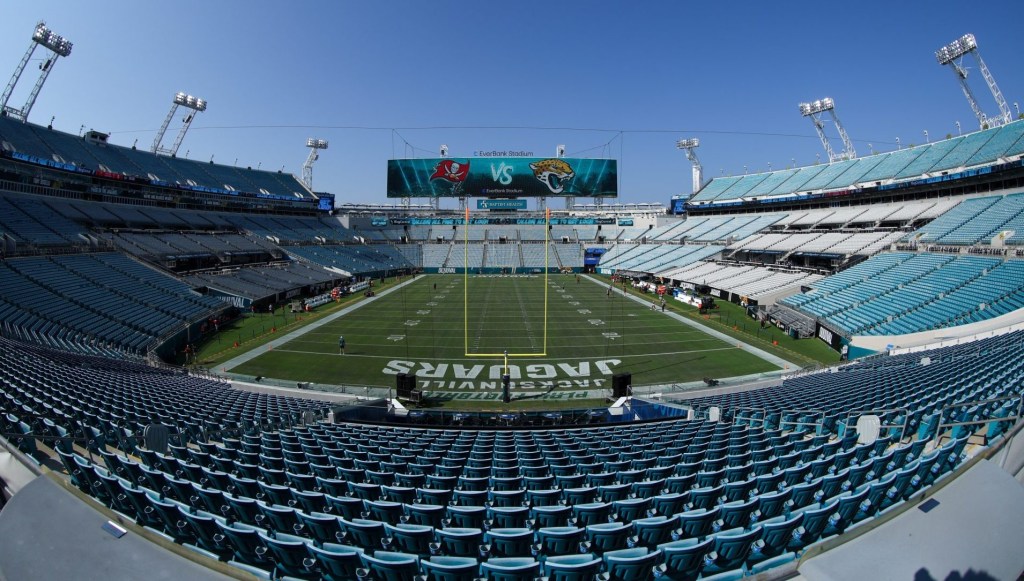It’s not In-N-Out, but the NFL is serving up a big double-double this weekend, with its Week 15 schedule highlighted by a particularly rare confluence of top-flight matchups.
The upcoming weekend’s games are highlighted by the 10–3 Steelers, currently the No. 3 team in the AFC, playing at the 11–2 Eagles, the NFC’s No. 2 team, and another clash between the 10–3 Bills, the AFC’s second-ranked team, at the 12–1 Lions, the NFC’s top squad.
The Steelers-Eagles game will be at 4:25 p.m. ET on Fox on Sunday, while the Bills-Lions will be at exactly the same time on CBS. According to the NFL, this will be just the second weekend since the NFL-AFL merger completion in 1970 in which there are two separate games, each involving teams with at least 10 wins, by Week 15 of the season or sooner. The other time occurred in Week 15 in 1985, and such matchups are more common at the end of the regular-season schedule. But this type of clustering is exceedingly unusual for this point of the season.
Beyond the major seeding implications in each game on Sunday, the two contests will additionally help further refine the NFL’s MVP race, broadly thought at this point to be led by Bills quarterback Josh Allen and Eagles running back Saquon Barkley.
The two games will feature each network’s top broadcast teams, with CBS Sports’ Jim Nantz and Tony Romo calling the Bills-Lions clash, and Kevin Burkhardt and Tom Brady doing the same for Fox Sports with the Steelers-Eagles matchup.
Schedule Shifting
There’s a particular reason that this pairing of games has come together: the NFL this year moved a double national broadcast window from Week 1, where it’s been the last three seasons, to Week 15 this year. That means that on Sunday, both Fox and CBS will have broadcast doubleheaders, and every domestic media market will have four total games available to them across the 1 p.m. and 4:25 p.m. windows.
Normally, Fox and CBS alternate the late national broadcast window, and only one of them has that featured slot on a given Sunday. The NFL, however, shifted that double-doubleheader—as it’s referred to internally at the league—to the much later timing to have a better sense of who the top teams are, and in turn, potentially drive higher viewership.
The networks will again have joint doubleheaders on Jan. 5 to close out the regular season.
ESPN, meanwhile, will also have a Monday Night Football doubleheader to close out Week 15, though those occurrences have been more common, the efficacy of that strategy is somewhat unclear, and three of the four teams involved have losing records.





![[Subscription Customers Only] Jul 13, 2025; East Rutherford, New Jersey, USA; Chelsea FC midfielder Cole Palmer (10) celebrates winning the final of the 2025 FIFA Club World Cup at MetLife Stadium](https://frontofficesports.com/wp-content/uploads/2026/02/USATSI_26636703-scaled-e1770932227605.jpg?quality=100&w=1024)











